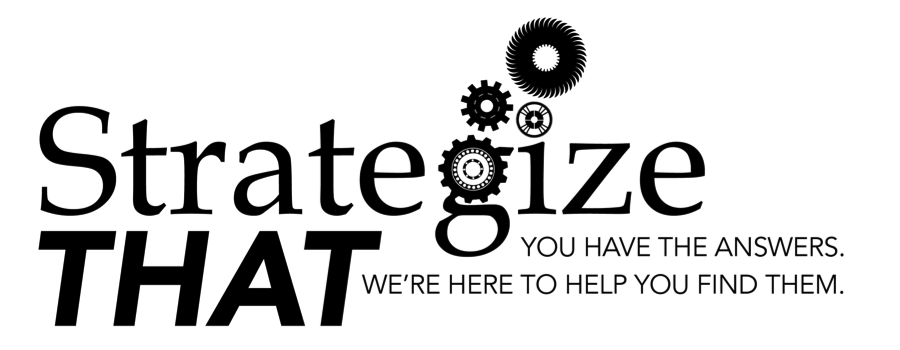There are myriad paths you can follow to success–but if you believe in some career myths, you’ll end up at the opposite end of successful: overworked, underpaid, and unhappy. What are these myths, and what should you believe instead? For the answers, we turned to two career experts who will blow the lid off what success really looks like in today’s workplace.
MYTH 1: IF YOU’RE GOOD AT YOUR JOB, YOU’LL GET PROMOTED
You work hard, and you deserve a promotion. But unfortunately, that’s not how the work world works, says Lori Scherwin, career coach and founder of Strategize That. “You need to promote yourself in order to stand out amongst a sea of talent and colleagues at your firm,” Scherwin says. “Being good at your job doesn’t mean you’re good at managing your career.”
To promote yourself–and therefore, snag a promotion–you must “actively manage your career and put as much effort behind building relationships and focusing on the next step as you do on executing your day-to-day tasks,” Scherwin explains. One easy way to focus on the next step is showing you can do the next job. “It is your responsibility to understand what you need to be capable of to execute in your next role, and demonstrate that ability,” says Scherwin. “Just because you’re a strong producer doesn’t mean you’ll be a successful manager. So, make sure you’re rounding your skill set to be functional at the next level.”
MYTH 3: YOU MUST KILL YOURSELF TO SUCCEED
“All too often successful professionals romanticize stress because they think that’s how a full life is supposed to feel,” Scherwin says. But the presence of stress doesn’t automatically mean you’re also successful, she warns. “People tolerate long cumbersome hours and last-minute requests as if it’s mandatory,” Scherwin says. “But it doesn’t have to be. Long hours and face-time don’t ensure you are doing anything constructive or delivering results.”
What’s more, when you overextend yourself, you risk achieving less, Scherwin warns, as well as “the propensity to take it out on others and ruin relationships in the process.”
Instead of gauging your success on how much you work, Scherwin recommends defining what success means to you –then finding balance at work based on that definition. That way, “you are more likely to be productive and less resentful,” Scherwin points out. What’s more, Scherwin encourages you to prioritize yourself. “Tactically, cut out the clutter, learn how to say ‘no’ and push back appropriately, and make time for ‘me-time,'” she suggests.
